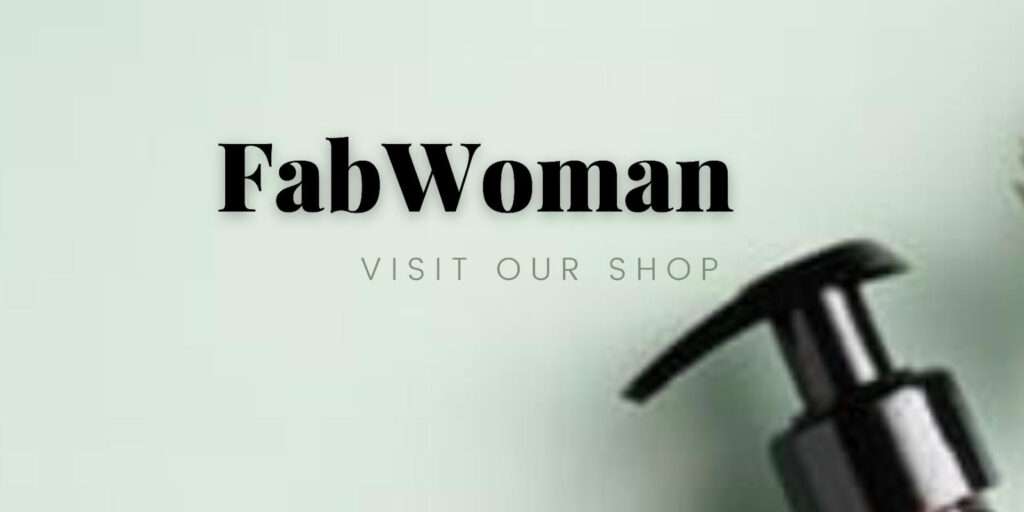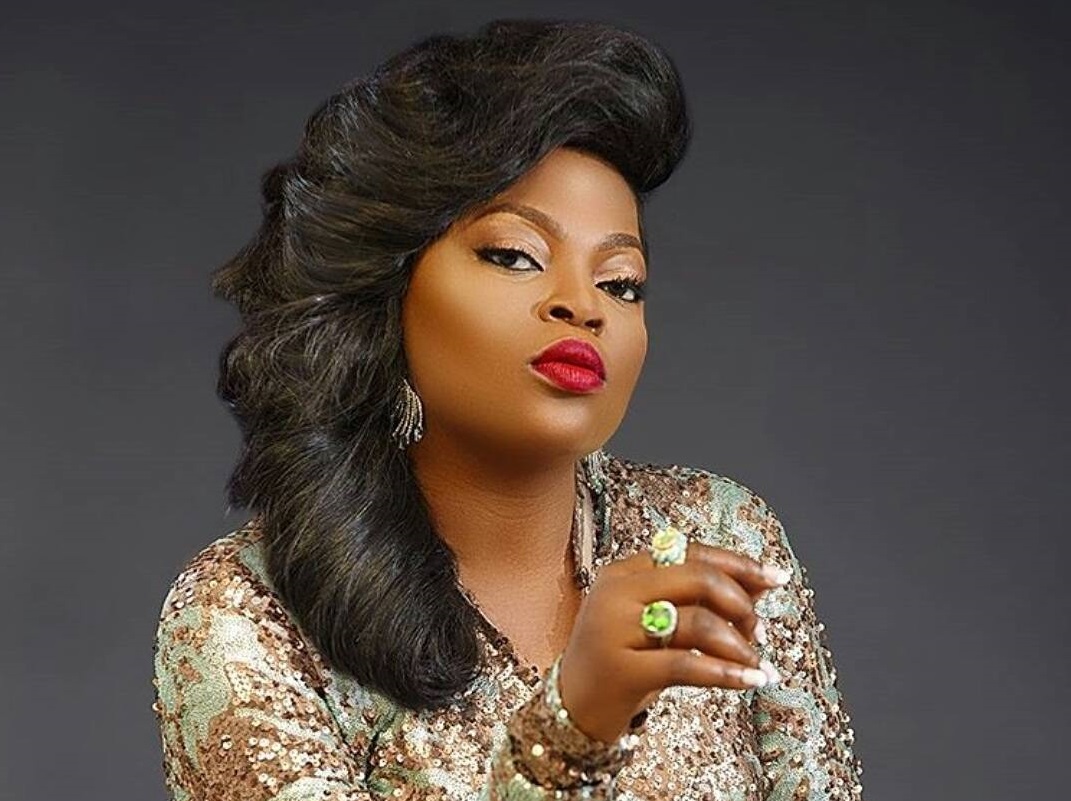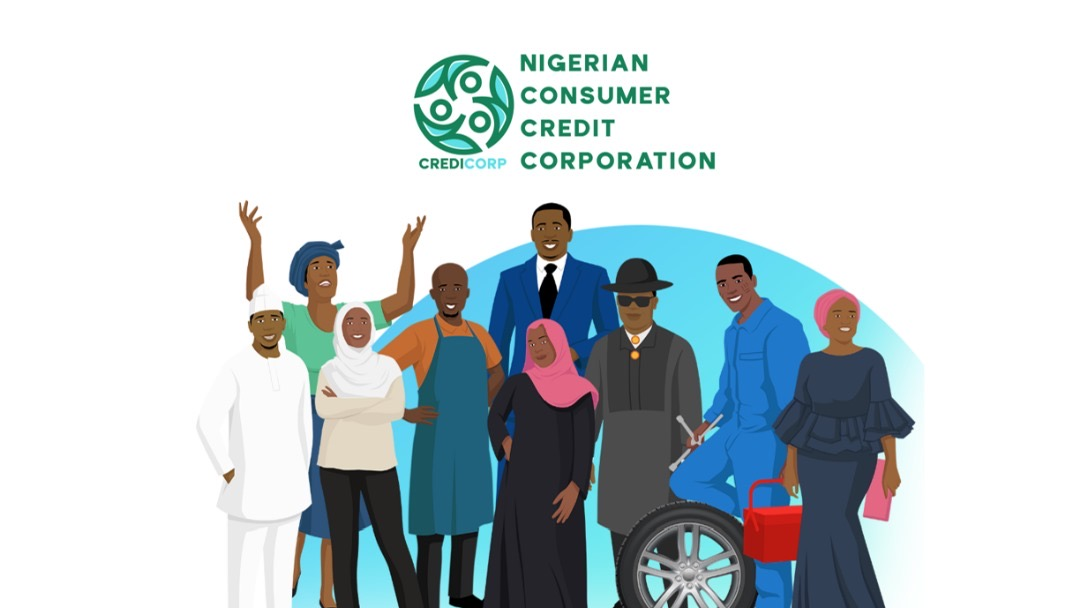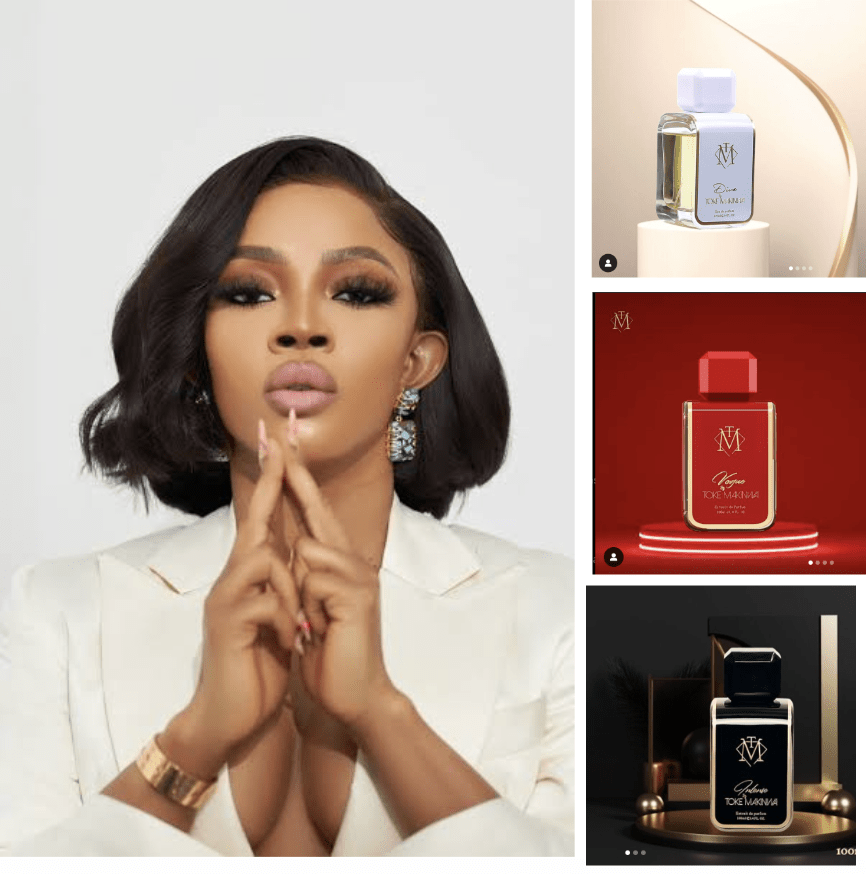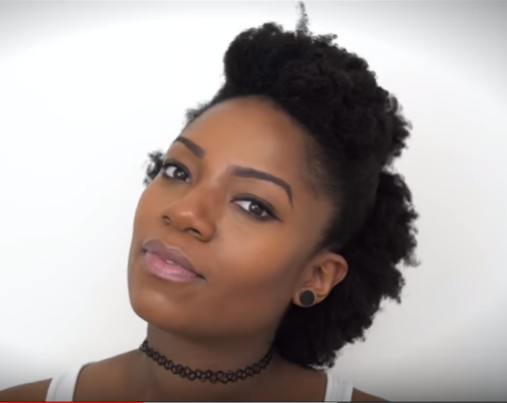
Black Women Who Wear Natural Hairstyles Less Likely To Get Job Interviews And Here Is Why
- Anu
- August 18, 2020
- Career
- Black Women With Natural Hairstyles Less Likely To Get Jobs
- 0 Comments
 Black women who wear styles like curly afros, twists, or braids are less likely to get job interviews according to new research, CNN reports.
Black women who wear styles like curly afros, twists, or braids are less likely to get job interviews according to new research, CNN reports.
A study — which has yet to be published — conducted by researchers from Duke University’s Fuqua School of Business reports that participants deemed natural hairstyles as unprofessional.
Researchers selected hundreds of people from various racial backgrounds to score potential job candidates for competence, professionalism, among other things. As a result, the findings show that Black women with natural hair scored lower for competence and professionalism compared to Black women with straight hair.
According to a press release, researcher Ashleigh Shelby Rosette, a management professor and a senior associate dean, said, “In the aftermath of the George Floyd murder and the corresponding protests, many organizations have rightly focused on tactics to help eradicate racism at systemic and structural levels.”
The study had various sections and in three of the studies, members were from the general population. For the study comparing attitudes in management consulting and advertising, MBA students were engaged.
In the research, it was realized that natural hair played a huge factor in the rankings. Black women with natural hair received lower scores for professionalism and competence and were not shortlisted or recommended for interviews.
However, Black women with straightened hair, White women with straight hair or even White women with curly hair sailed through to the interview stages and received good scores for professionalism and competence.
In one scenario, two groups were given the same Black woman to evaluate for a job. To justify the purpose of this research, one group had a photo of this candidate with natural hair while the other had a photo of her with straight hair and the outcome was different.
The group with the straight-haired photo ranked the candidate higher for professionalism and gave her strong recommendations for the interview while the other group did not.
According to Rosette, it is not industry practice to require photos of applicants but in recent times, it is easier for the recruiter to find one online from their social media handles.
“It would almost be an automatic thing to Google the person’s name and see what their profile looks like on social media,” she said.
Depending on the industry, the results also varied. For managerial positions where their dress code is regarded as conservative, Black women with natural hair were not shortlisted. However, they made the cut for positions in advertising which is deemed a more creative field “with less rigid dress norms.”
“Our individually held biases often precede the type of racist practices that become embedded and normalized within organizations,” Rosette said in the press release.
Long before this study, anti-Black hair sentiments have been a barrier for Black women in the workforce. However, today, some industries allow for culturally significant styles, says Rosette. For example, natural hairstyles in advertising are more acceptable than in management consulting.
“This may be because advertising is viewed as a more creative industry than consulting with less rigid dress norms,” the press release said.
Although the study highlights discrimination against Black women with natural hairstyles, Rosette emphasizes that the researchers don’t cosign racist behavior.
“In no way are we asking that the Black woman change who she is,” she said. “We’re asking that people understand that this difference exists.”



